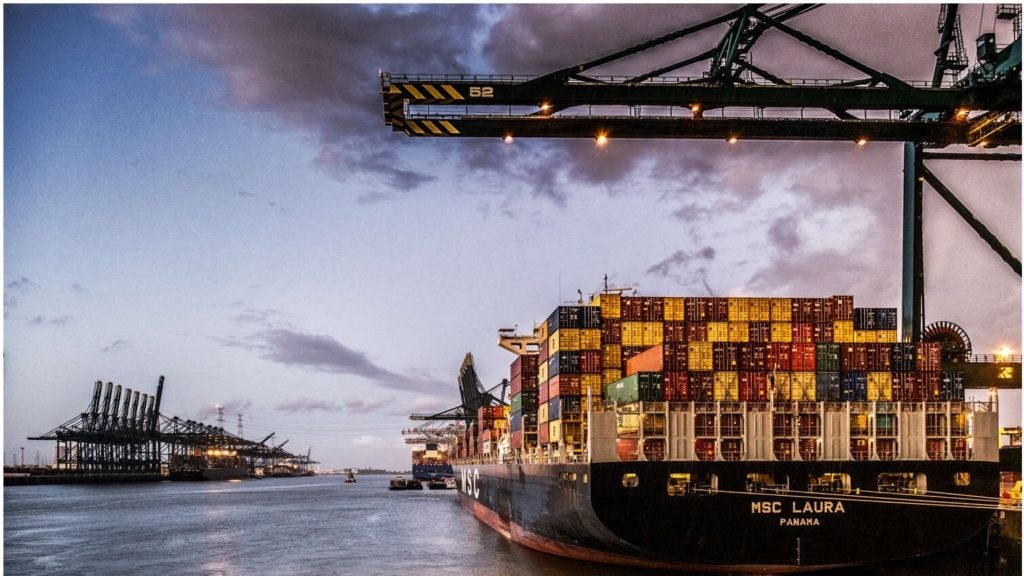Trade restrictions are popular in business or political circles. The aim is to control and prohibit the flow of goods, investments or data at the borders. Beyond disastrous welfare costs on low-income individuals, this could form a barrier towards inclusive societies.
Aversive racism and xenophobia assumptions would be vehemently rejected by the largest majority of the opponents to free trade. However it is very often the same people promoting diversity and inclusion that, paradoxically, desire to limit foreign trade with, for instance, The United States, China or Russia. In doing so, they agree to sometimes find themselves the allies of the most nationalist political views.
Uninhibitedly simplistic
The arguments of supporters of trade protectionism are often political: e.g. the government’s political regimes, social: e.g. local employer’s wage policies, or environmental: the difference in greenhouse gas emissions. This might appear noble and generous. However they may often reflect the ignorance of diverse realities in a multipolar world, the fear of unknown cultures and the antagonism against people with a different way of life.
This vision, often ethnocentric, brings huge risks to our societies, which face incredible challenges. The next disasters, becoming more and more global, will call for a global response whether they regard health, environment or technology.
Burning bridges between one country and the different cultures of the world while questioning the organizations of the multilateral system is to put the resilience of our planet in jeopardy.
Planetary resilience in jeopardy
Racing for more sovereignty on industrial production, transnational data flow or even migration policy is not an option. Governments, civils society and business should rather focus on ways to enhance international cooperation and improve diplomacy skills in all foreign affairs. Ironically the internationalisation of risks generates a temptation for isolationism.
No country on its own will be able to face the biggest risks of this century. There is an urgency to reform the institutions of the multilateral system, like the WTO, but there can be no question of destroying or suffocate them with lack of means.
It is time for all stakeholders to start this work, and reduce the gap that is sometimes perceived between their functioning and the citizens.
This gap leaves too much room for the worst human tendencies to turn inwards. Some governments then surf on the popularity of protectionism, with new tariffs or, WTO obliges, with non-tariff barriers.
The sad truth is that this kind of discrimination often impacts more the exports from developing countries than from developed economies. When imports from a specific country are targeted, it also legitimises the flow of hate speech and fake news towards that country, its people and its culture.
During the early 1930s, protectionist trade policies imposed by governments all around the world didn’t work to protect their economies whilst contributing to a sharp contraction in world trade.
Today, international trade forecasts are pessimistic, as announced by the WTO. A trend initiated well before the pandemic, by protectionist measures and US-China trade tensions.
Peace and environmental resilience
More than ever, international trade should be an instrument of peace and environmental improvement. With trade among continents going together with the mobility of workers, the exchange of talents and the rise of innovation and productivity.
Exchanging goods and services enhances significant knowledge and mutual understanding of other cultures. Stating the contrary would provide a dangerous support or endorsement, directly or indirectly, of the most intolerant ideologies.
Mathieu Maes


